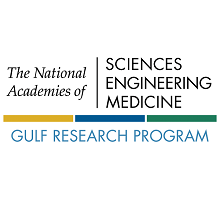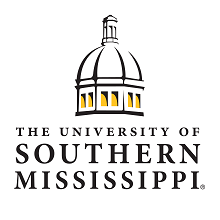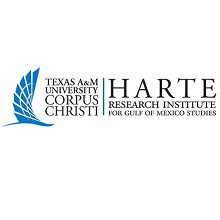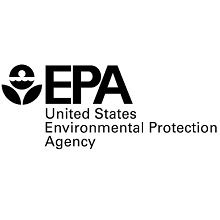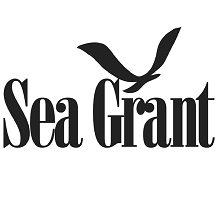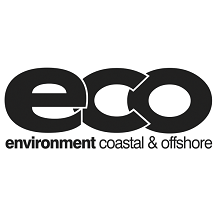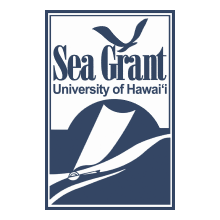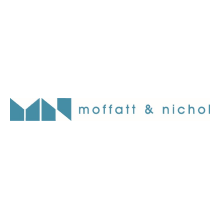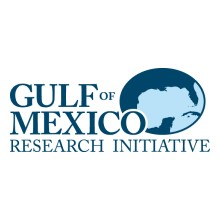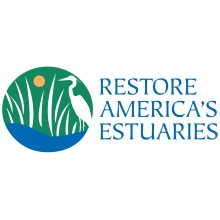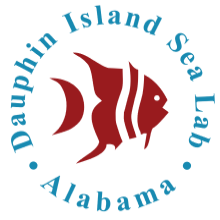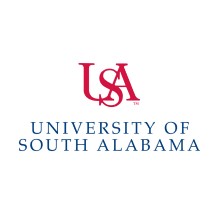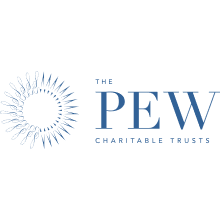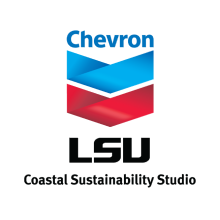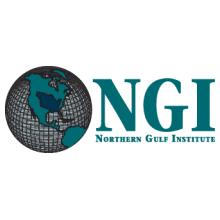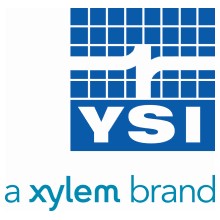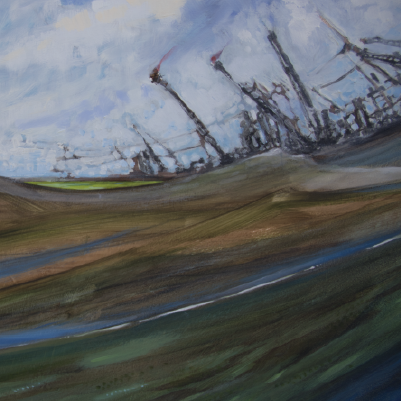Call for Scientific Session and Workshop Proposals
Session and workshop proposal deadline: 20 September 2018
Please submit your proposal online. (Details below.)
The Scientific Program Committee for the Coastal and Estuarine Research Federation’s 25th Biennial Conference (CERF 2019) invites proposals for Sessions and Workshops. We expect to include topical sessions and workshops that span the fundamental fields of coastal and estuarine science, and topics historically popular among the CERF membership.
Scientific Session Proposals
Consider submitting a proposal to convene a scientific session that explores CERF’s traditional science, education, and policy disciplines, taking advantage of diverse perspectives of conference attendees. Special sessions are also encouraged surrounding the conference theme: “Responsive | Relevant | Ready.” Such special sessions could address if and how research meets or responds to public interests or needs, actions taken to increase research “impact” or relevance, and how actions affect research. Sessions could also examine how individuals or organizations came to pursue research, how they were ready to tackle what followed (e.g., the research itself, stakeholder engagements), and how they support application of outcomes. Because many attendees will present technical studies, prospective session chairs are encouraged to build the theme into research-focused sessions. While any appropriate topic may be submitted, special sessions are encouraged that address the following:
- Enhancing scientific relevance by integrating across disciplines – understand ecological process and function in estuarine and coastal ecosystems through multidisciplinary research and synthesis
- Extracting information from data-management, analysis, and synthesis of datasets (continuous monitoring, remote sensing, genetic) to glean new information. Quantitative description of status and function and predictive models and tools
- Readiness through communication and management of threats - environmental change and variability associated with greenhouse gas emissions, population growth, resource acquisition and scarcity, societal conflicts, and biodiversity loss and interactions
- Responding to global climate change – Quantifying and predicting ecological, economic and social effects of strong storms, hydrologic trends and extremes, sea level rise, and shifting species distributions
- Cultural heritage and coastal humanities – Sharing experiences of stewardship afforded to people who depend on the coast. Defining the human dimensions of risk to diverse stakeholders and audiences and the impacts of change to communities, heritage and economies
- Working coastlines and multiple uses – how ecosystems and economic activity interact and the role of science in the interaction. Managing multiple uses of coastal resources across the natural and sociological continuum; integration, quantification and valuation of ecosystem goods and services. May address urban issues, managed ecosystems, tourism, fishing, port operations, aquaculture, and energy development
- Diverse audiences – Engaging diverse stakeholders in research, education, restoration, policy, management and protection of estuarine and coastal ecosystems
Session proposals are encouraged to frame scientific topics in broadly relevant ways, and encouraging diverse participation and engagement. Sessions arising from a single project/program or based on a local question or issue (e.g., species, process) are less preferred.
Submission Information
Sessions may have an oral, poster, or combined oral/poster format and may include standard 15-minute presentations and/or five-minute lightning – style presentations. Poster sessions can use new technologies (e.g., enhanced reality, QR codes) to provide a better understanding of topics. Be prepared to act as the convener of proposed sessions and/or identify others to support sessions.
Information you need to submit a Session Proposal
1. Lead convener name with full contact information
2. Other convener names (limit to three other conveners) and email addresses
3. Identify preferred session format Most oral sessions will have an associated poster session. Poster sessions may be proposed as stand alone. For oral session proposals, indicate Traditional (15 minutes), lightening – style talks (five-minute), combination, or other (specify)
4. Session Title (limited to 10 words) If your title is greater than 10 words, it may be shortened before publication
5. Proposals Submit both a short description (50–100 words) to be used for wide distribution, including the program book, and a long description (500 words) of the proposed session (no tables or graphics). As part of the description, complete the statement, “The session should be of interest to…”
Workshop Proposals
Workshops proposals are encouraged to offer participants interactive experiences addressing the conference theme, or other topical areas. Training workshops that focus on technical/scientific topics and skills or career development, outreach, and communication are solicited. The ideal workshop will have potentially broad appeal among CERF conference attendees at all career levels and across academia, government, NGO, and private sectors. In addition to the themes outlined above, workshops that address aspects of the following are encouraged:
- Statistics and data processing (e.g., R, mapping/GIS, bioinformatics, data visualization)
- Science communication and education/outreach
- Diversity and inclusion
- Mentoring best practices
- Grant writing for traditional and non-traditional funding bodies
- Public policy and management
- Professional development for students and early career individuals (e.g., writing, publishing, leadership)
- Tools for data gathering (e.g., acoustic telemetry, drones, satellite imagery)
Information you need to submit a Workshop Proposal
1. Workshop point of contact names (maximum of two people) with full contact information
2. Schedule Time Requested two to seven hours
3. Workshop title (limited to 10 words)
4. Proposal Submit both a short description (50–100 words) to be used for wide distribution, including the program book, and a long description (500 words) of the proposed workshop (No tables or graphics). Include:
a.) Workshop presenters – Presenters may be different from point of contact
b.) Target audience – As applicable, e.g., career stage (student, early career advanced professional), employment sector (academic, government, NGO, private), field of expertise
c.) Format – e.g., lecture, panel or group discussions, activity. If workshop has mixed format please describe
d.) Enrollment – If attendance must be a limited for logistics reasons, specify a limit. If not, state “no limit”
e.) A/V needs for leaders and participants (e.g., if participants must bring a laptop)
Contacts
Please contact the Scientific Program Committee Co-Chairs (James Hagy, Jennifer Pollack, and Sharon Herzka) at [email protected] to discuss ideas for sessions or workshops.
Submit Online
To submit a proposal, please use the online submission process. There you will find further instructions for submitting proposals. Notification of acceptance will be sent by 29 November 2018. |

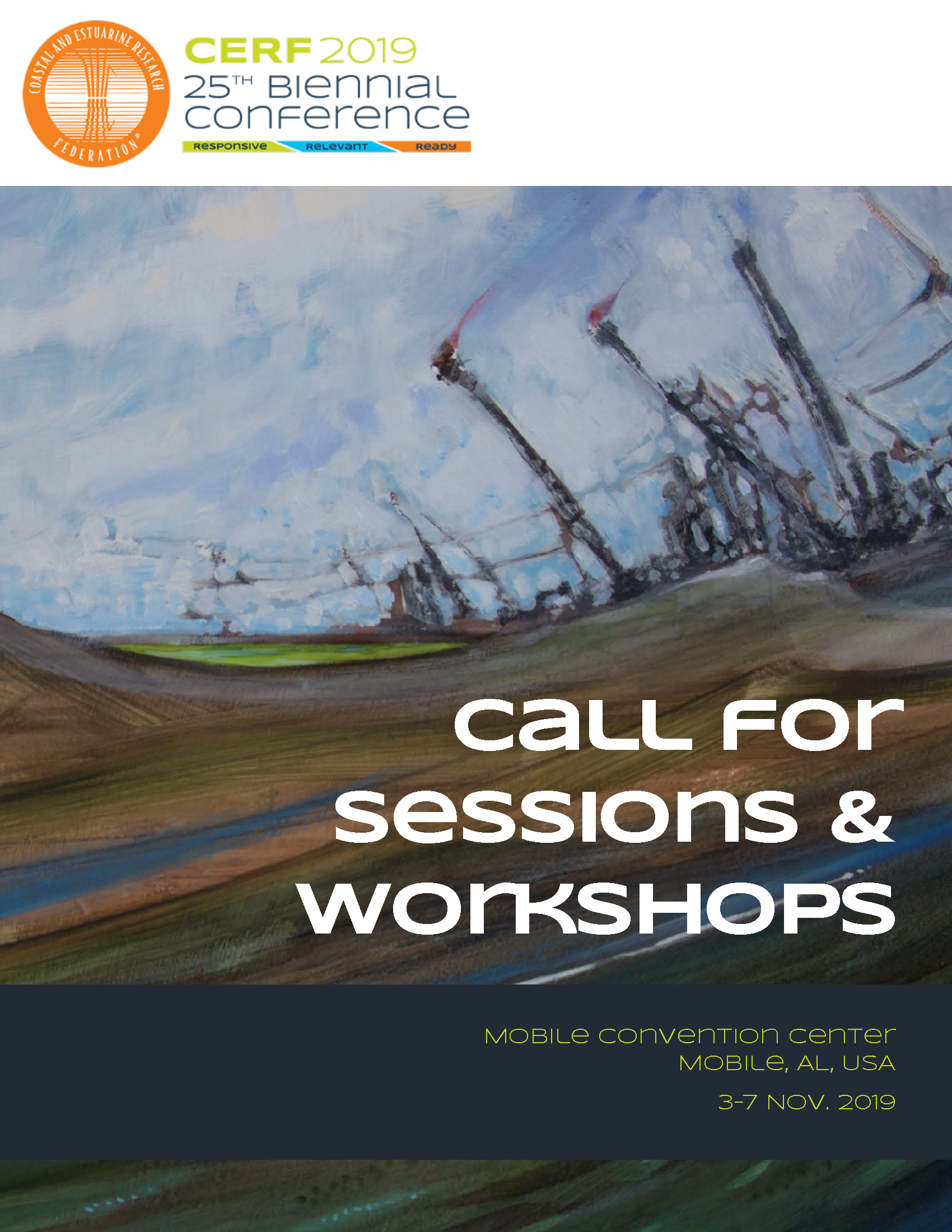
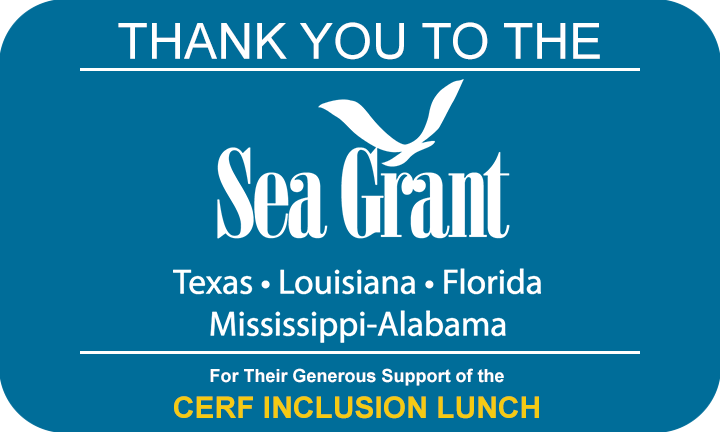
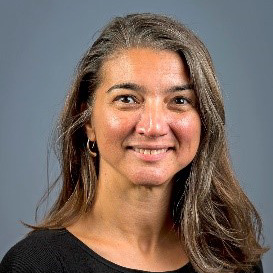
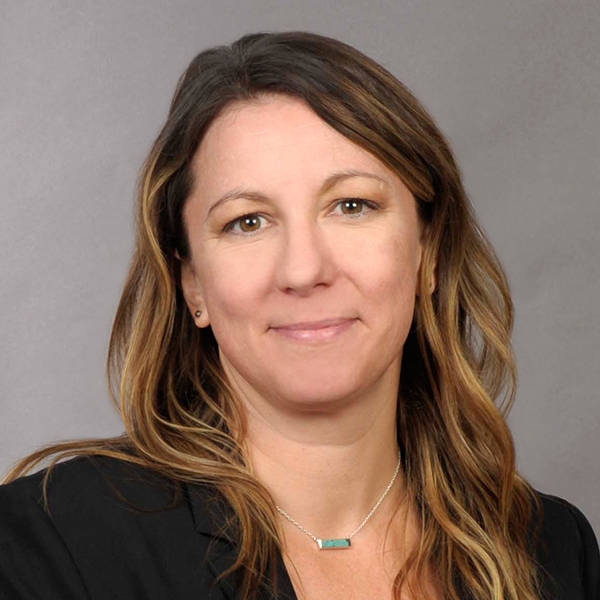 Dr. Kristy Lewis
Dr. Kristy Lewis